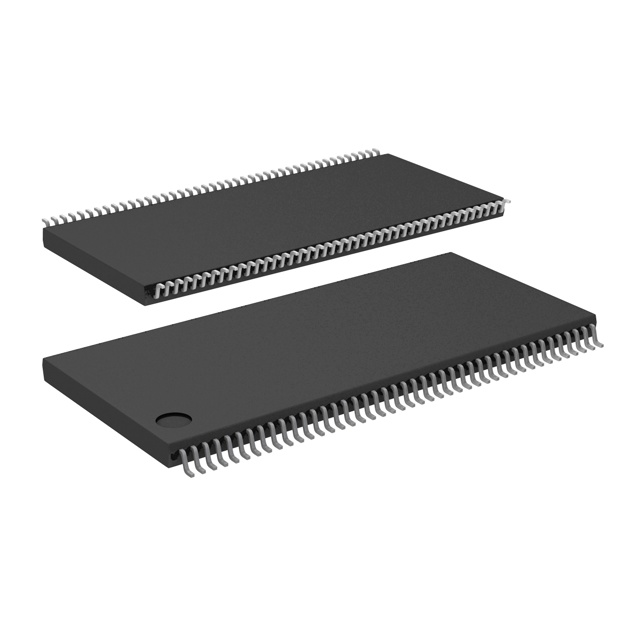In today’s fast-paced and ever-evolving technological landscape, the demand for efficient and reliable integrated circuit solutions has never been greater. From smartphones and laptops to smart home devices and automotive systems, integrated circuits play a crucial role in powering the devices and technologies that have become integral parts of our daily lives.

Integrated circuit solutions, also known as ICs or microchips, are at the heart of modern electronics. These tiny but powerful components are designed to perform a wide range of functions, from processing and storing data to controlling the flow of electricity within a device. As technology continues to advance, the need for more sophisticated and efficient integrated circuit solutions has become increasingly apparent.
One of the key benefits of integrated circuit solutions is their ability to combine multiple functions into a single, compact package. This integration not only saves space and reduces the overall size of electronic devices but also improves efficiency and performance. By consolidating various components onto a single chip, integrated circuit solutions can streamline the design and manufacturing process, resulting in cost savings and faster time to market for new products.
Another important aspect of integrated circuit solutions is their role in enabling connectivity and communication. With the rise of the Internet of Things (IoT) and the increasing interconnectedness of devices, the demand for ICs that can facilitate seamless communication and data exchange has grown exponentially. Whether it’s enabling wireless connectivity, processing sensor data, or managing power consumption, integrated circuit solutions are essential for creating the interconnected ecosystems that define modern technology.
In addition to their role in consumer electronics, integrated circuit solutions are also driving innovation in industries such as healthcare, automotive, and industrial automation. In healthcare, ICs are used in medical devices, diagnostic equipment, and wearable health monitors, helping to improve patient care and outcomes. In the automotive sector, ICs are essential for powering advanced driver assistance systems, infotainment systems, and electric vehicle technology. And in industrial automation, ICs play a critical role in controlling and monitoring complex manufacturing processes.
As the demand for integrated circuit solutions continues to grow, so too does the need for advancements in IC design and manufacturing. Companies are constantly striving to develop ICs that are smaller, faster, and more energy-efficient, while also meeting the stringent reliability and quality standards required for mission-critical applications.
One area of particular focus is the development of ICs for power management and energy efficiency. With the increasing emphasis on sustainability and energy conservation, there is a growing need for ICs that can optimize power usage and minimize energy waste. From mobile devices to data centers, integrated circuit solutions that can intelligently manage power consumption are becoming increasingly important in today’s energy-conscious world.
In conclusion, integrated circuit solutions are the unsung heroes of modern technology, powering the devices and systems that have become indispensable in our daily lives. As technology continues to advance, the demand for more sophisticated, efficient, and reliable ICs will only continue to grow. Whether it’s enabling connectivity, improving energy efficiency, or driving innovation in various industries, integrated circuit solutions are at the forefront of shaping the future of technology.









 Wishlist (0 Items)
Wishlist (0 Items) 